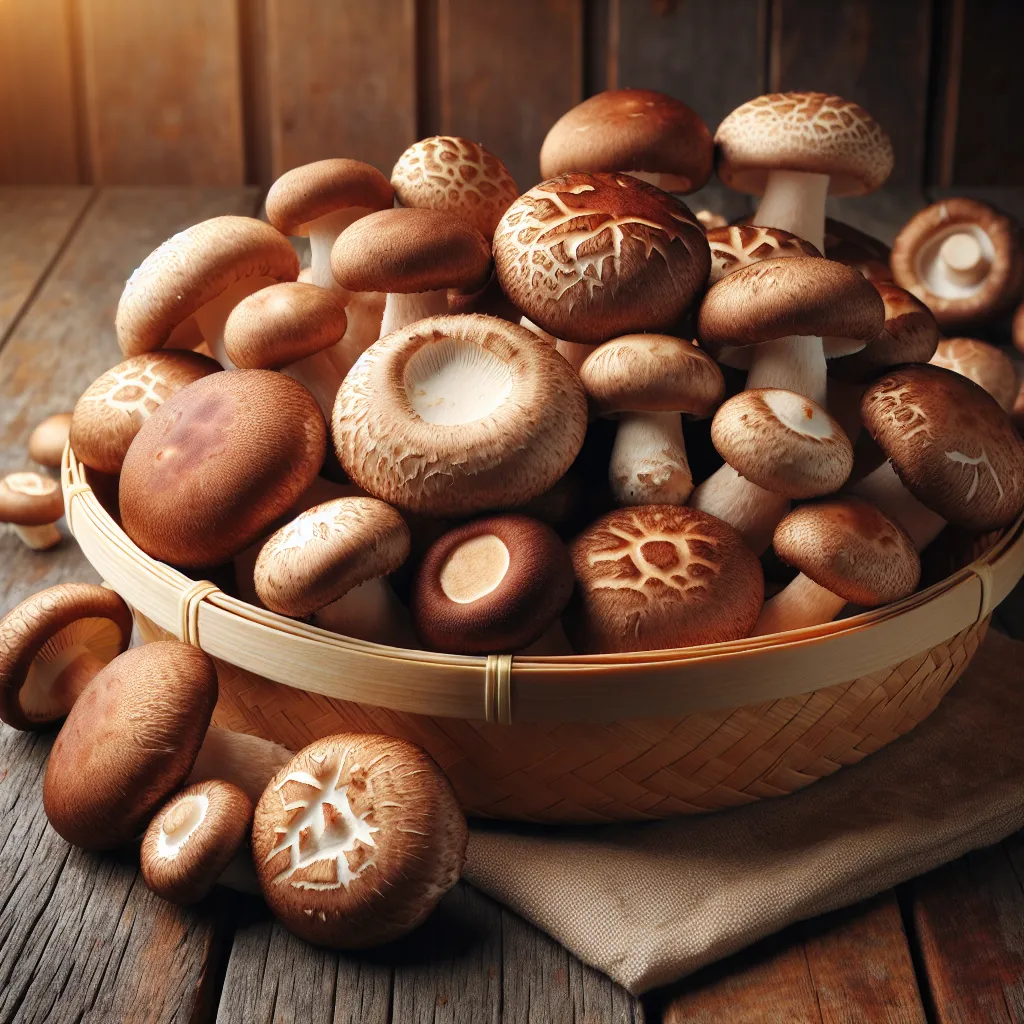Mushrooms have been a staple in traditional medicine for centuries, featuring prominently in the wellness practices of various cultures around the world. In recent years, functional mushrooms, also known as medicinal mushrooms, have gained significant attention in the health and wellness industry for their potential therapeutic benefits. These fungal wonders are thought to offer a range of health benefits, from boosting the immune system to enhancing cognitive function. Below, we explore some of the most popular functional mushrooms and their applications.
Reishi: The Mushroom of Immortality

The Reishi mushroom, scientifically known as Ganoderma lucidum, is often referred to as the “Mushroom of Immortality” due to its longevity-promoting properties. Reishi is believed to support immune function, reduce stress, and improve sleep. The mushroom contains compounds like triterpenoids, polysaccharides, and peptidoglycans, which are thought to contribute to its health-promoting effects.
For those interested in incorporating Reishi into their wellness routine, it is available in various forms, including powders, capsules, and teas. A detailed resource on Reishi and its benefits can be found on the Memorial Sloan Kettering Cancer Center website, which provides an in-depth review of the mushroom’s uses and research.
Lion’s Mane: The Brain-Boosting Mushroom
Lion’s Mane (Hericium erinaceus) is another functional mushroom that has captured the attention of health enthusiasts. This mushroom is renowned for its potential neuroprotective properties, which may enhance cognitive function and potentially support nerve growth. It’s particularly of interest to those looking to support brain health, with studies suggesting it may improve memory and concentration.
To delve deeper into the science behind Lion’s Mane, the Journal of Agricultural and Food Chemistry provides a comprehensive look at the bioactive compounds found in this mushroom and their potential cognitive benefits.
Chaga: The King of Mushrooms
Chaga (Inonotus obliquus) often earns the title “King of Mushrooms” for its impressive antioxidant content. Traditionally used in Siberian folk medicine, Chaga is believed to support the immune system and reduce inflammation. Its high levels of antioxidants may also protect against oxidative stress, which is linked to aging and various diseases.
For those interested in the scientific backing of Chaga’s health claims, the International Journal of Medicinal Mushrooms provides peer-reviewed articles that examine the mushroom’s pharmacological effects.
Cordyceps: The Energy-Enhancing Mushroom
Cordyceps mushrooms, particularly Cordyceps sinensis and Cordyceps militaris, are popular among athletes and those seeking a natural energy boost. These mushrooms are believed to enhance physical performance by increasing the body’s production of adenosine triphosphate (ATP), which is essential for energy transfer in cells.
In addition to its energy-enhancing properties, Cordyceps is also thought to have potential anti-aging and pro-libido effects. For a comprehensive overview of the research on Cordyceps, the Examine.com database offers a wealth of information on the mushroom’s benefits and the studies supporting them.
Turkey Tail: The Immune-Boosting Mushroom
Turkey Tail (Trametes versicolor) is well-regarded for its immune-boosting properties. This mushroom contains a variety of polysaccharides, including polysaccharide-K (PSK), which is used as an adjuvant in cancer therapy in Japan. Its potential anti-cancer properties, coupled with its ability to support the immune system, make Turkey Tail a mushroom of interest for those looking to maintain overall health.
The National Institutes of Health (NIH) website offers information on the use of Turkey Tail and other medicinal mushrooms in cancer treatment, providing a resource for those seeking to understand the intersection of traditional remedies and modern medicine.
Shiitake: The Culinary Medicinal Mushroom
Shiitake (Lentinula edodes) is perhaps the best-known functional mushroom, valued both for its culinary appeal and medicinal properties. Shiitake is rich in compounds like lentinan, which may have immune-modulating effects and could play a role in cancer prevention and treatment.

For a deeper dive into the health benefits of Shiitake, resources such as the American Society for Nutrition provide access to articles that explore the nutritional and medicinal benefits of this versatile mushroom.
Conclusion
Functional mushrooms offer a unique blend of traditional wisdom and modern science, with a growing body of research supporting their various health benefits. From the immune-boosting Reishi to the cognitive-enhancing Lion’s Mane, these natural remedies have the potential to support overall well-being in numerous ways. While more research is needed to fully understand their therapeutic potential, functional mushrooms continue to be a popular choice for those interested in natural health.
Whether consumed as a supplement, tea, or part of a meal, these mushrooms can be a valuable addition to a health-conscious lifestyle. As always, it’s important to consult with a healthcare provider before adding new supplements to your routine, especially for those with existing health conditions or those taking medications. With a careful and informed approach, functional mushrooms can be a beneficial and enjoyable aspect of a holistic wellness plan.
